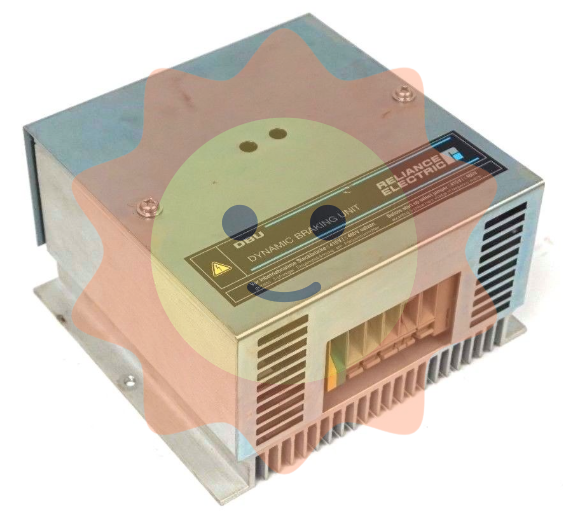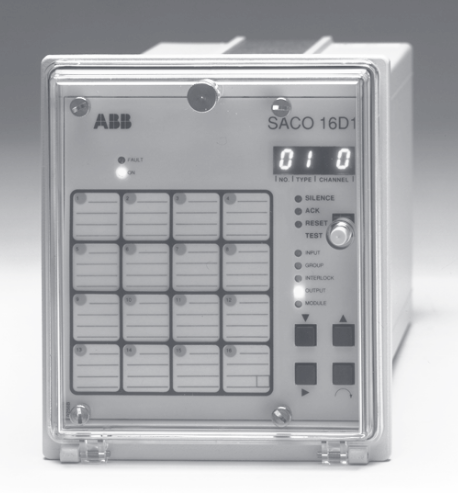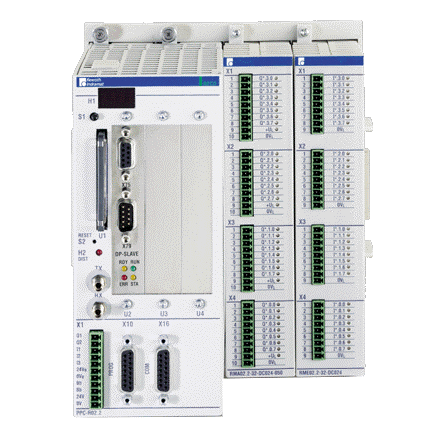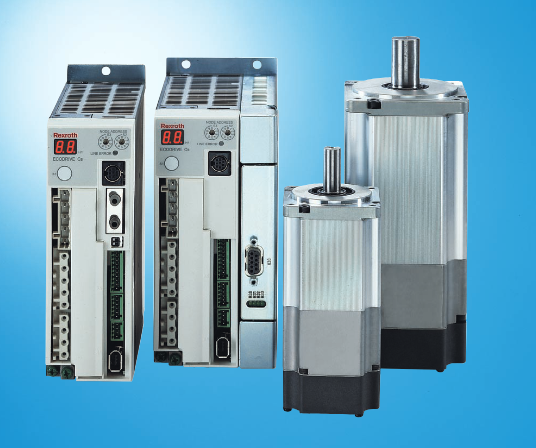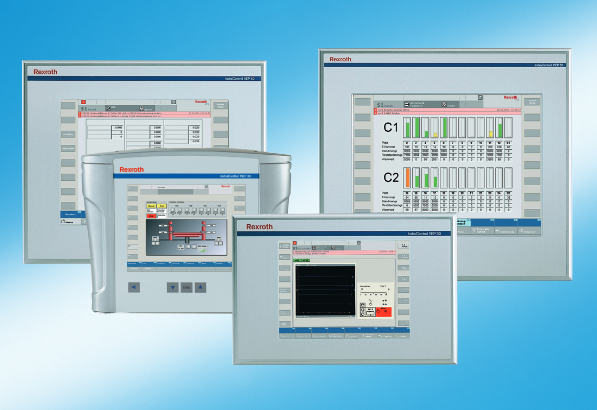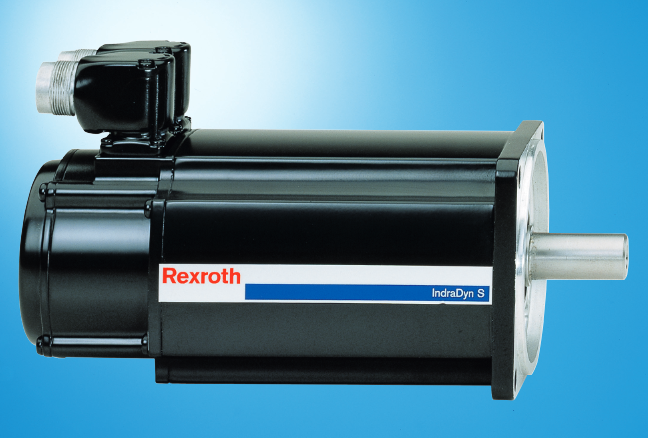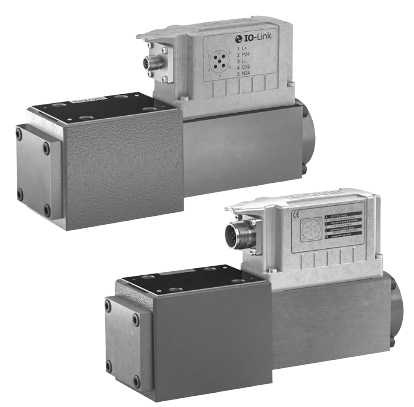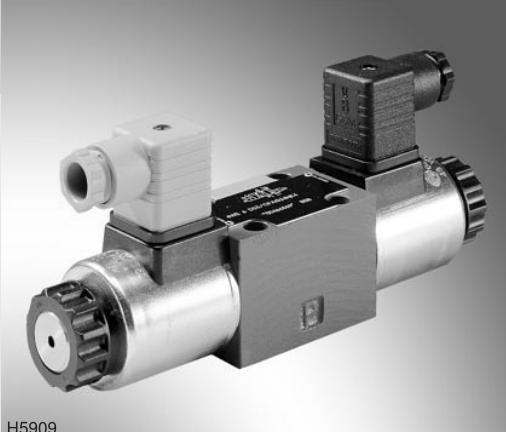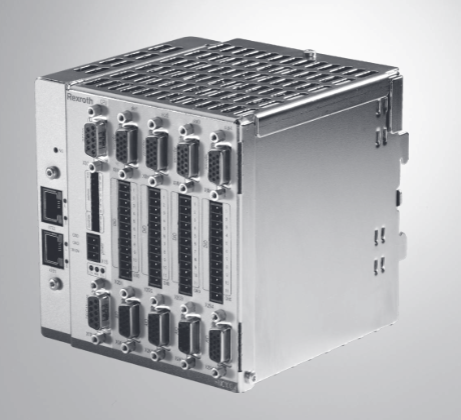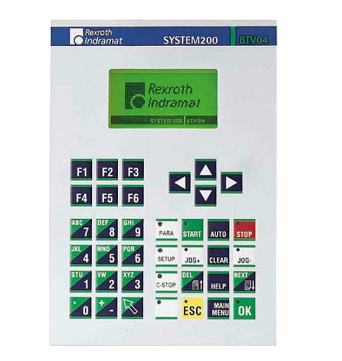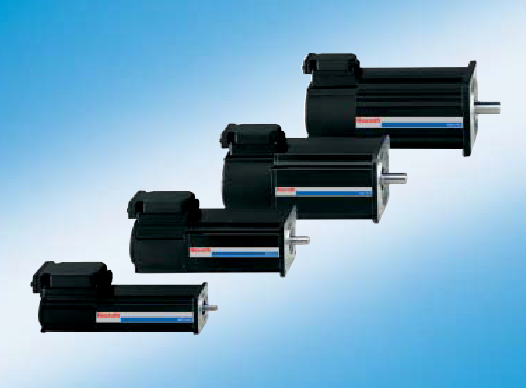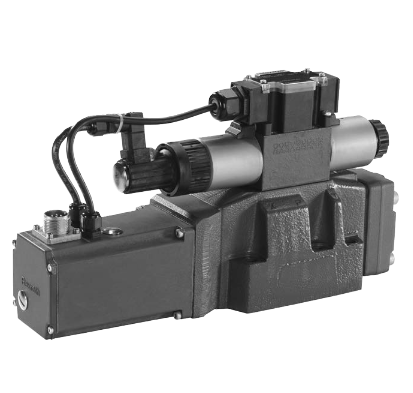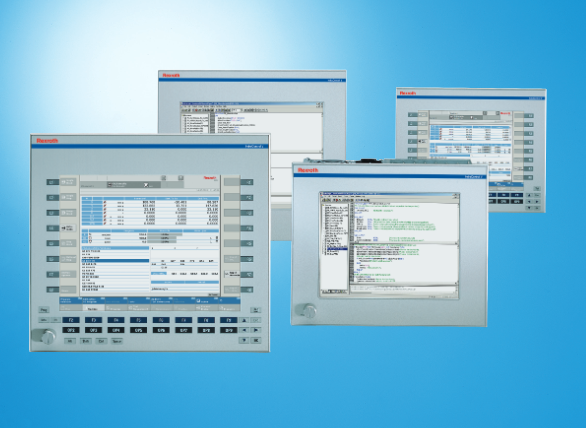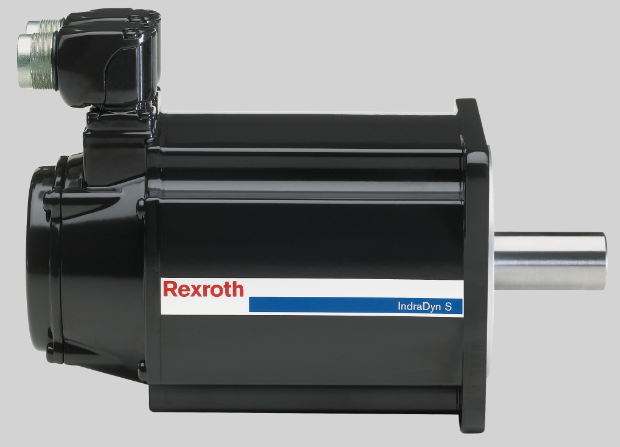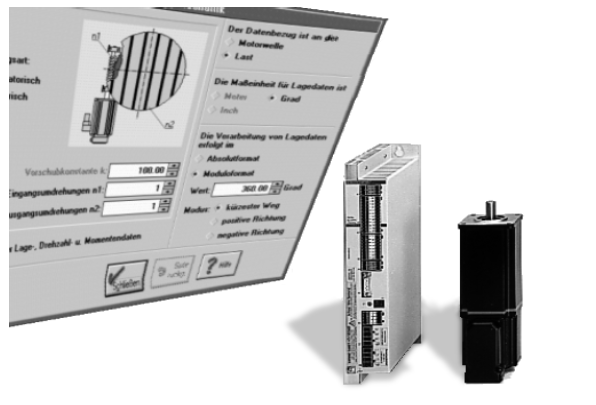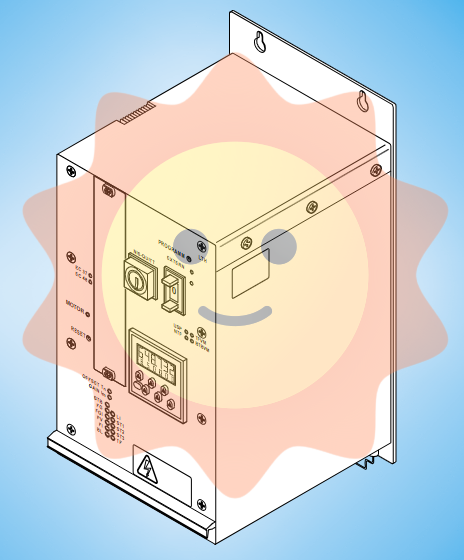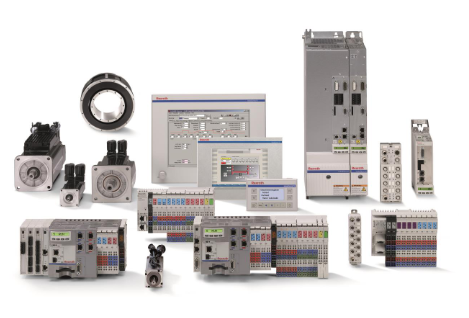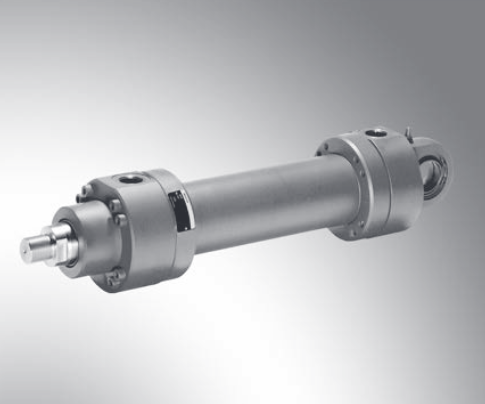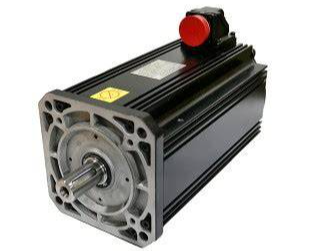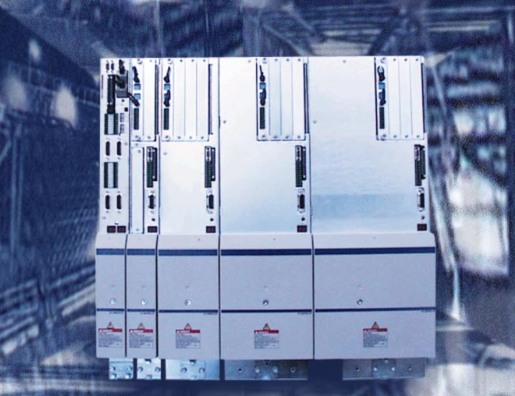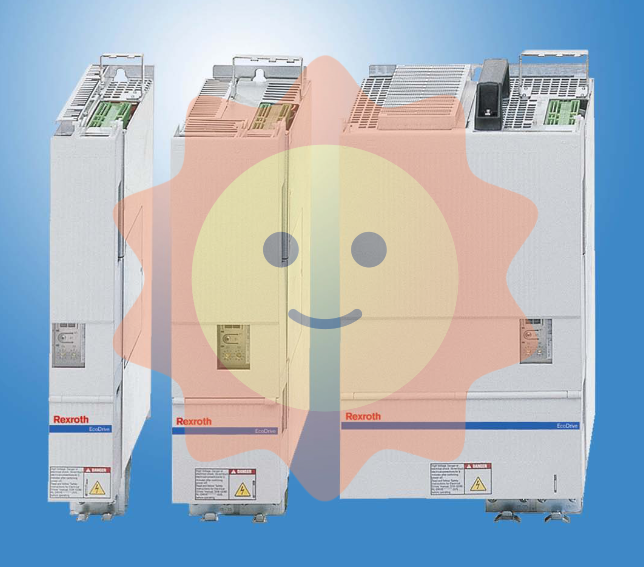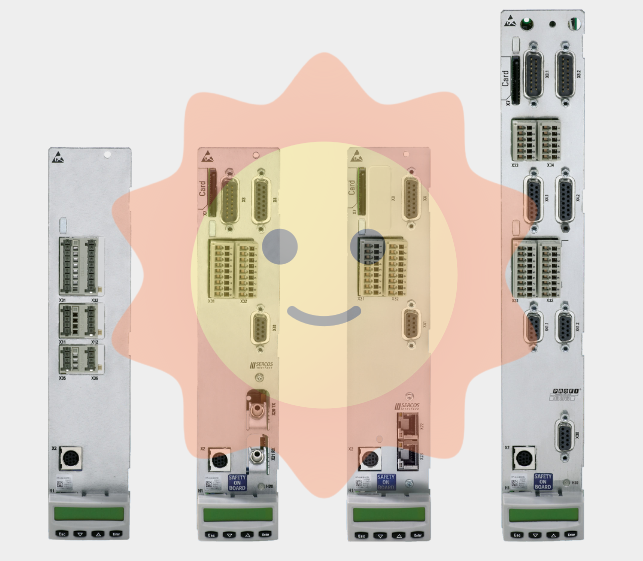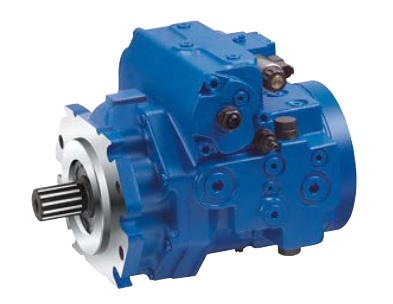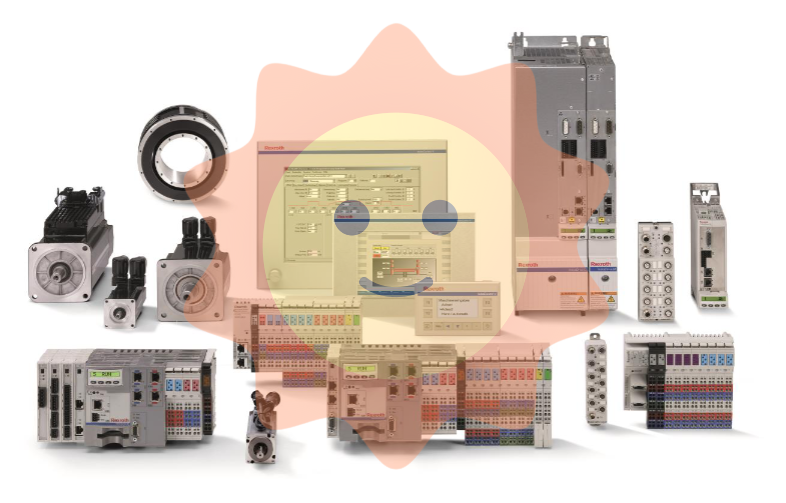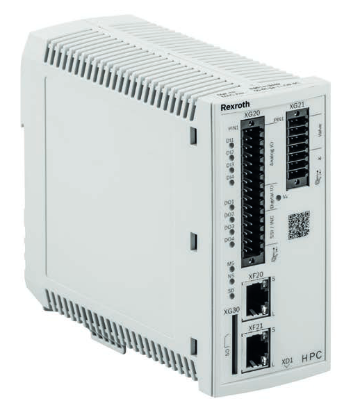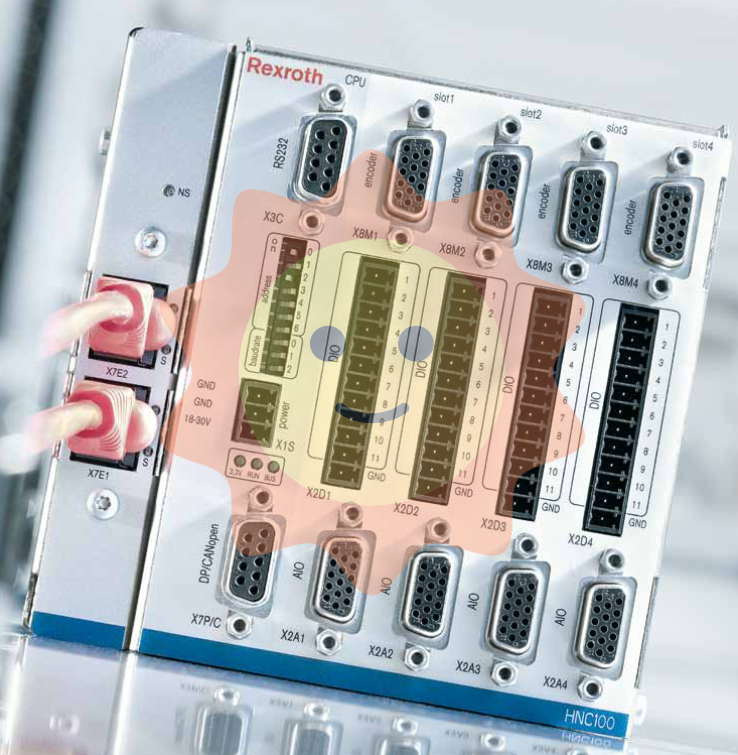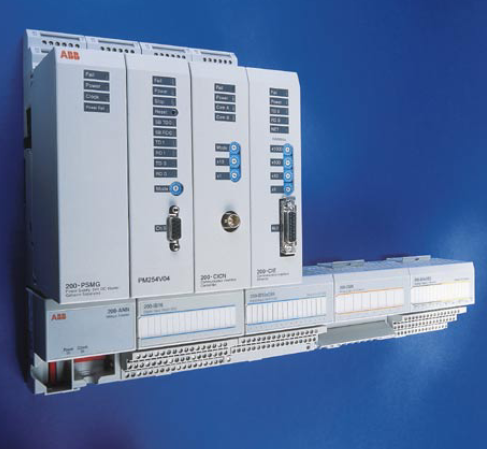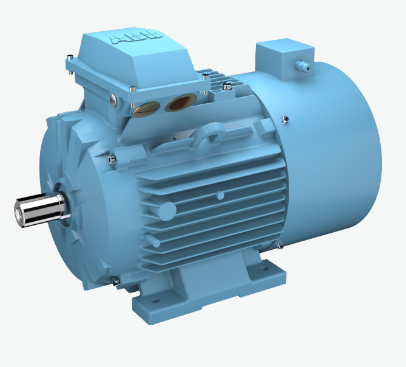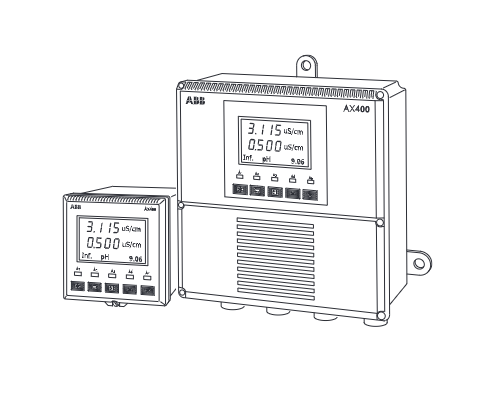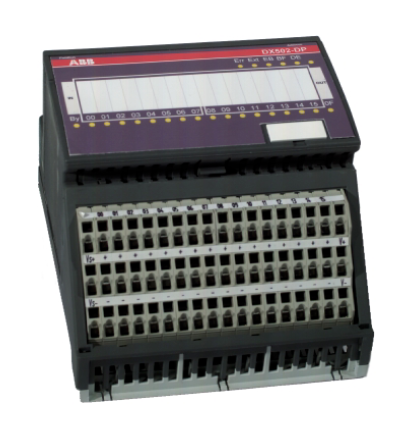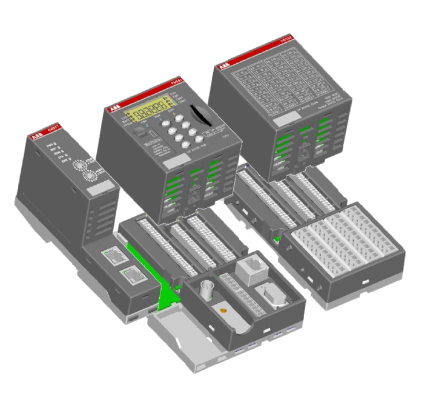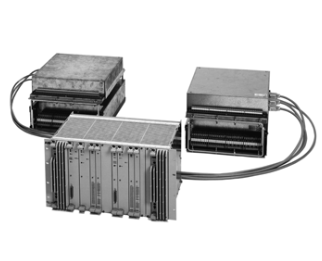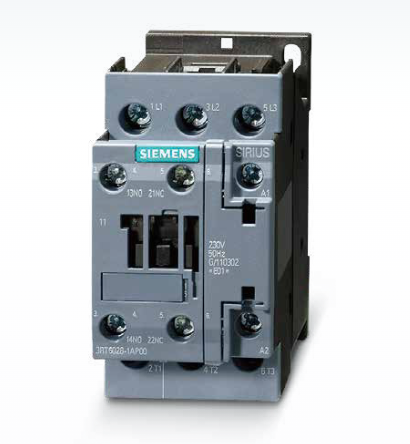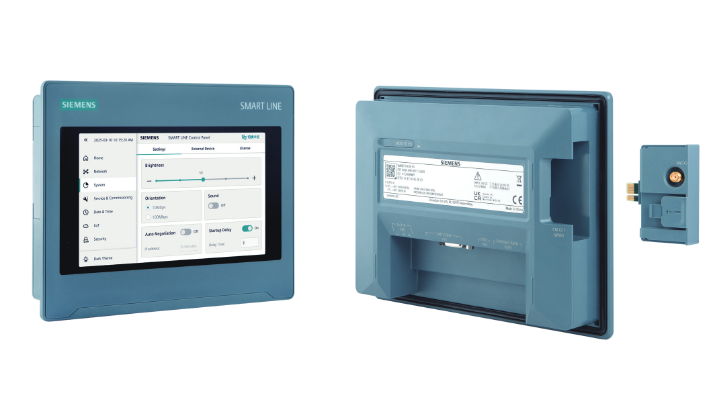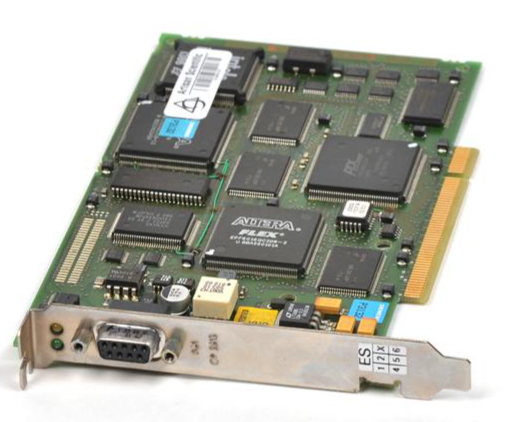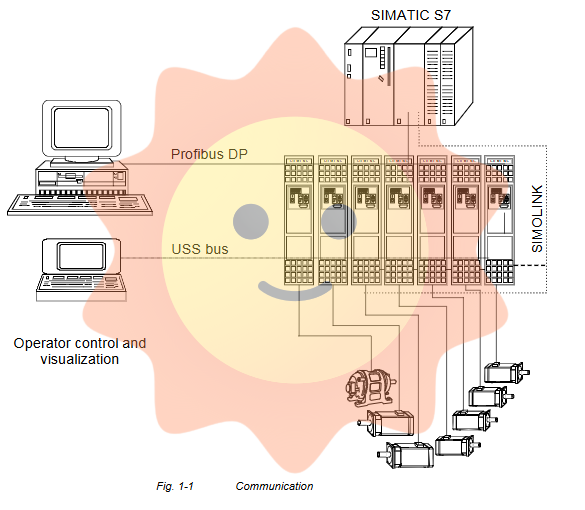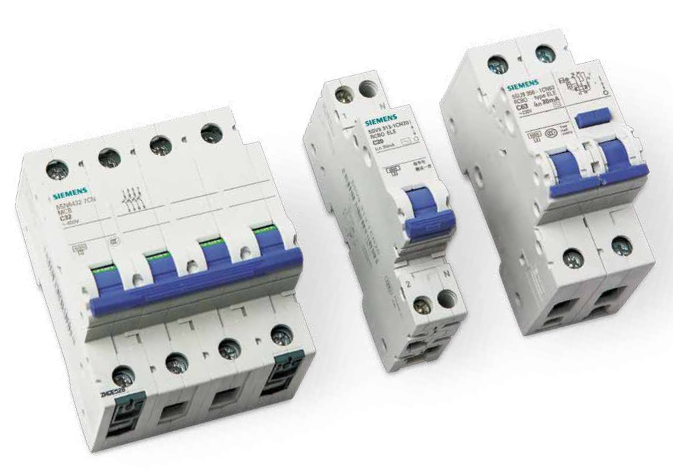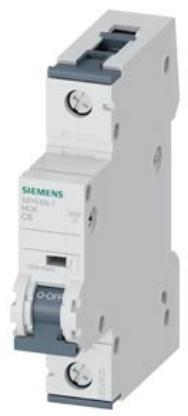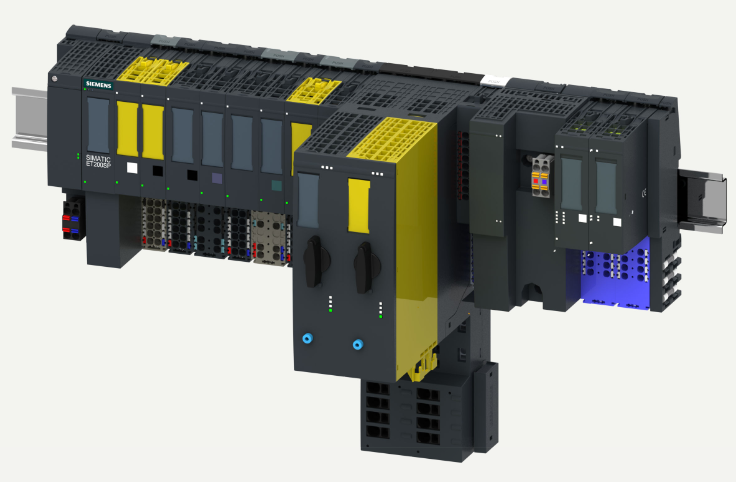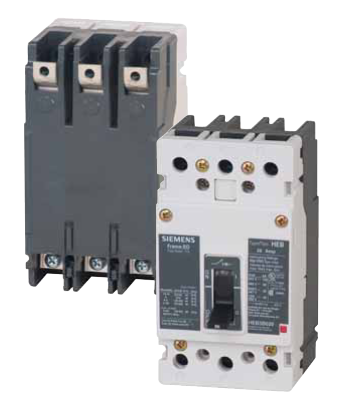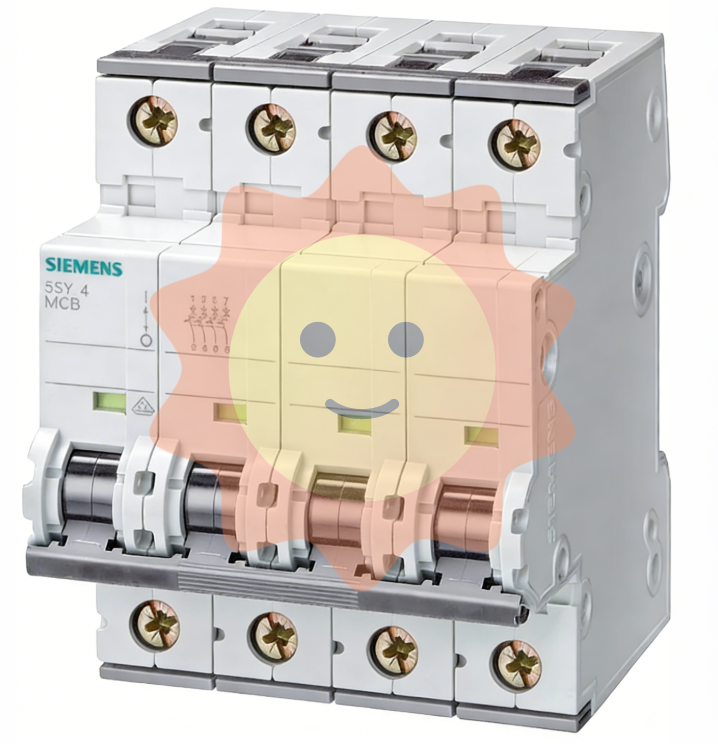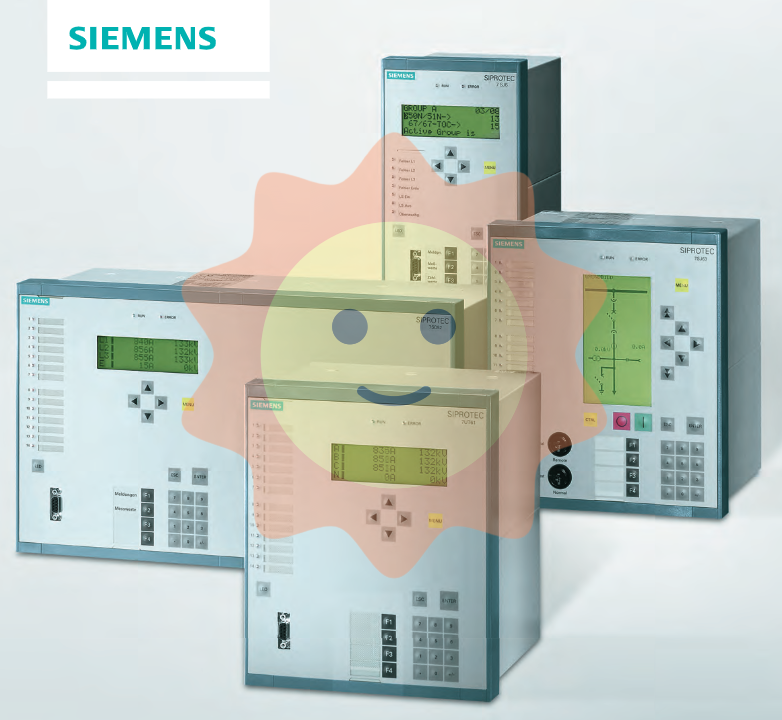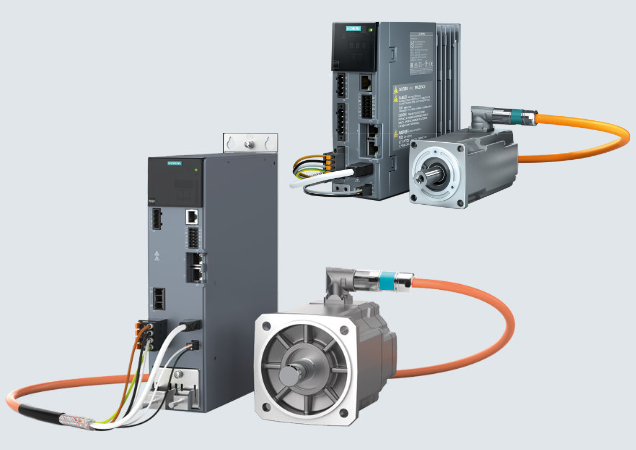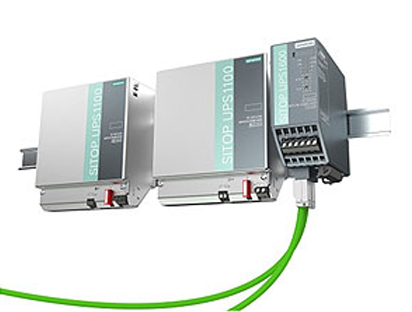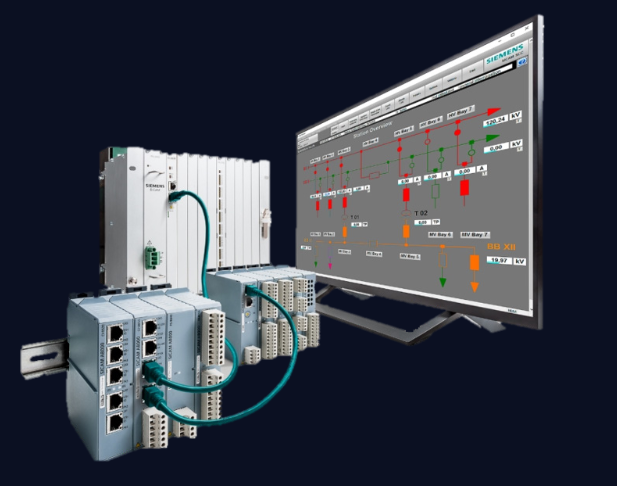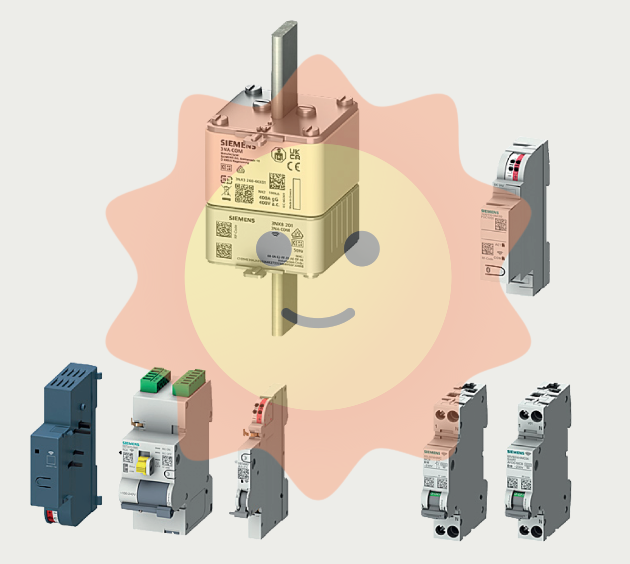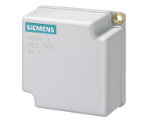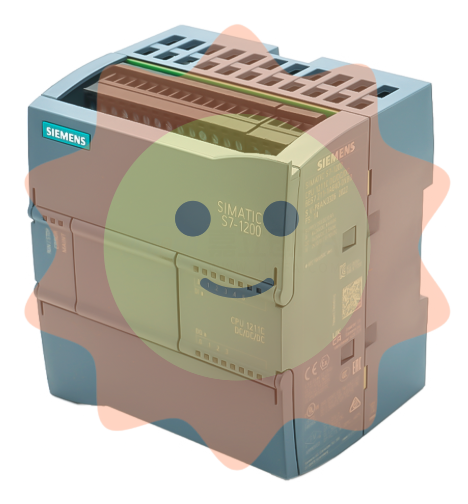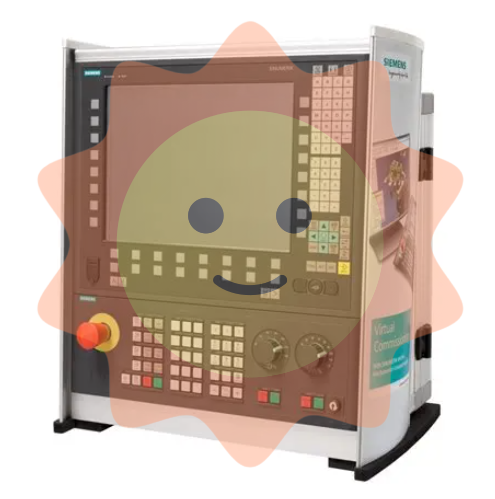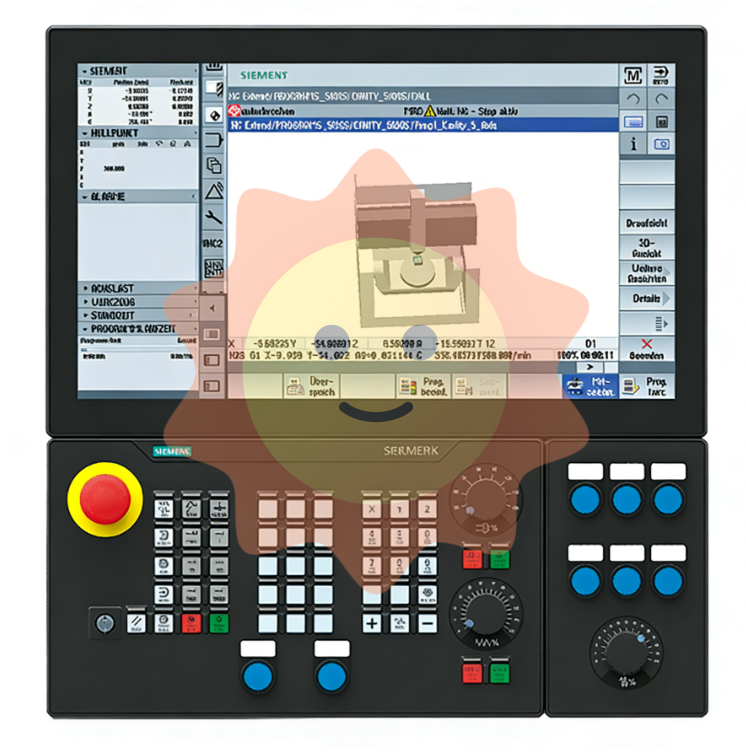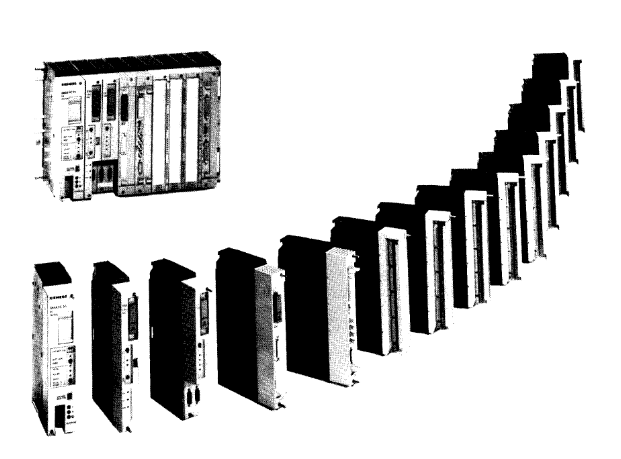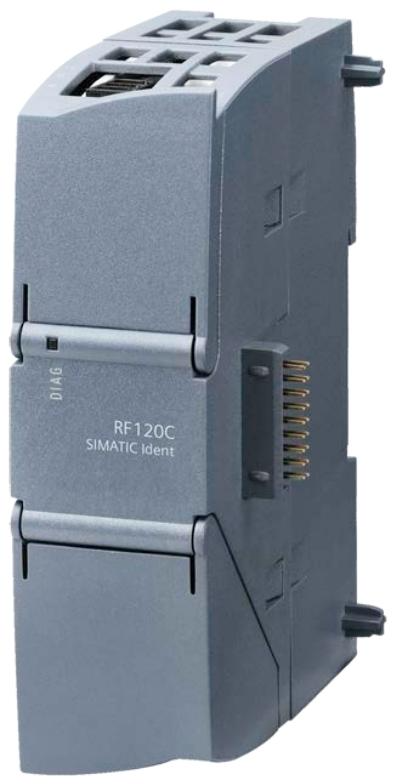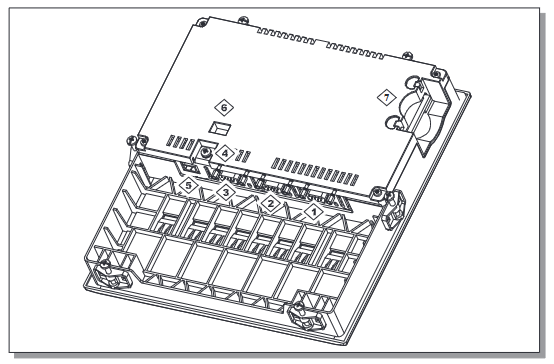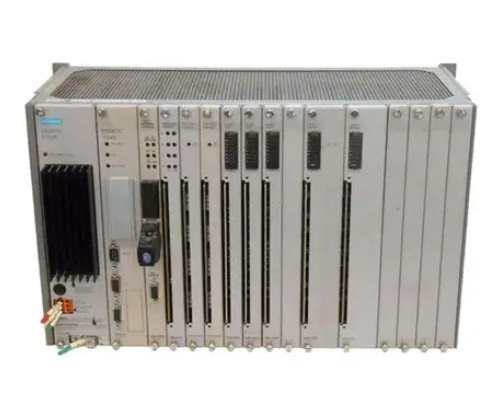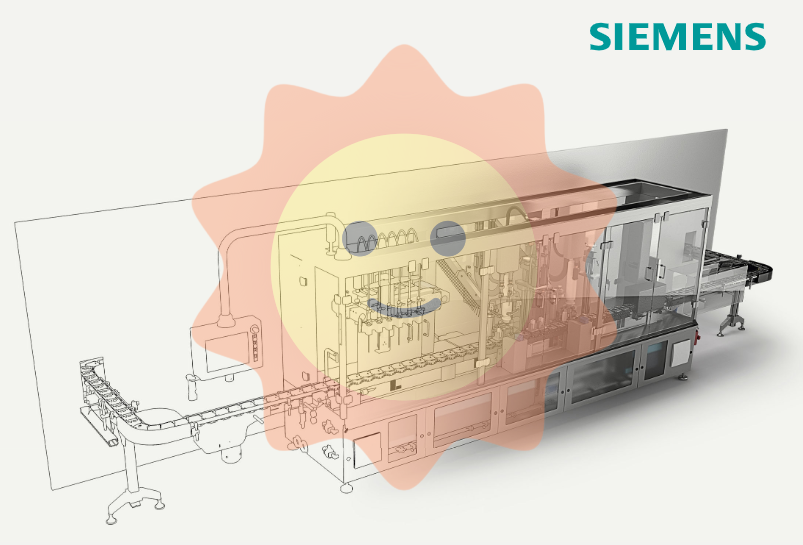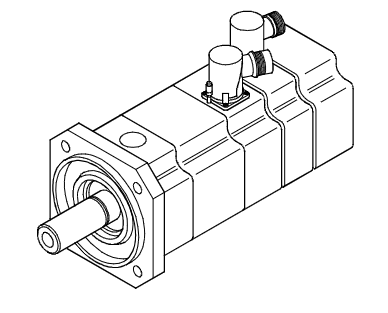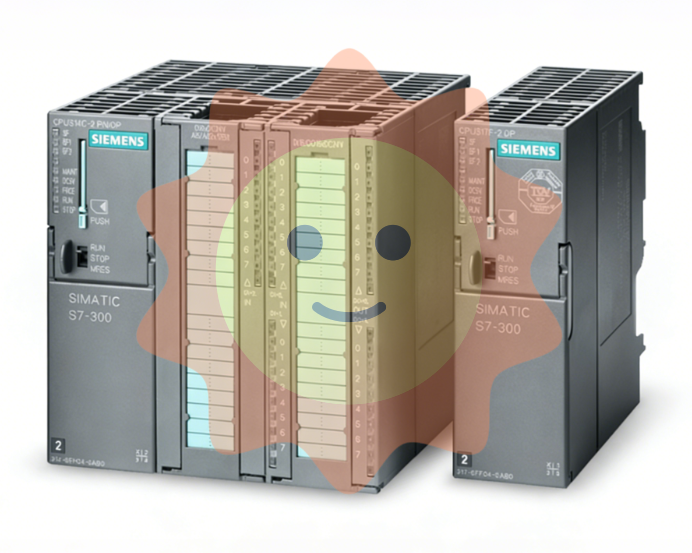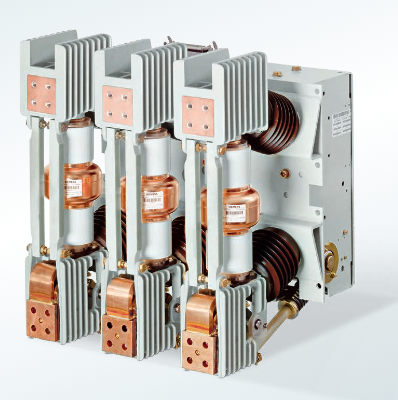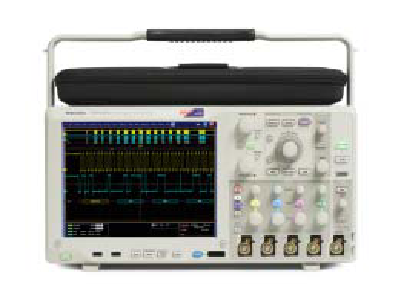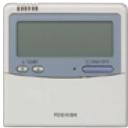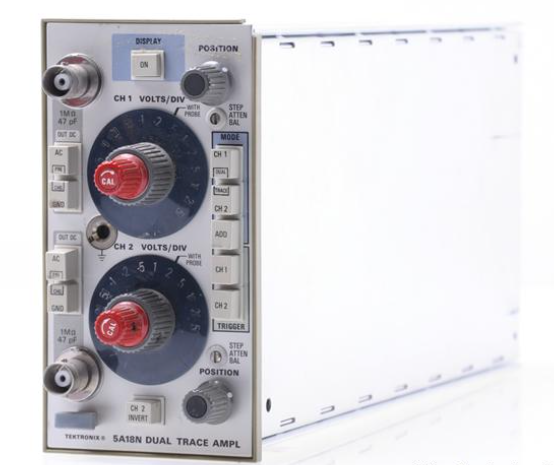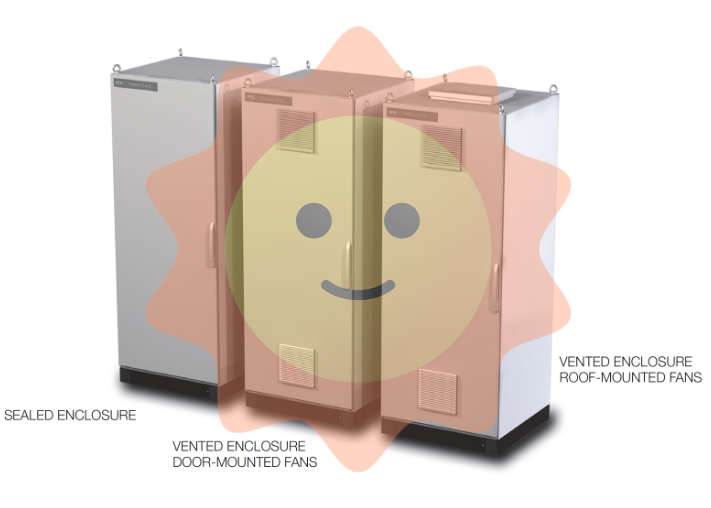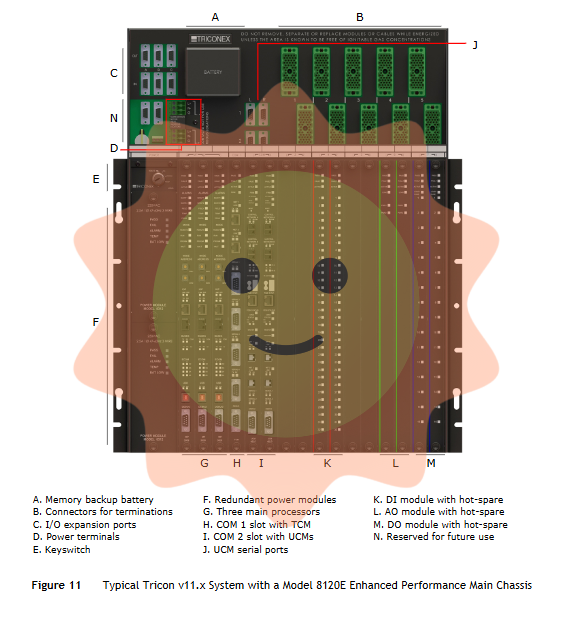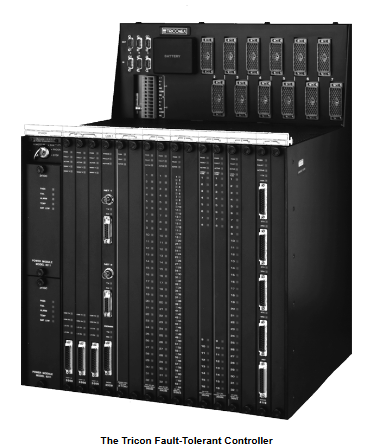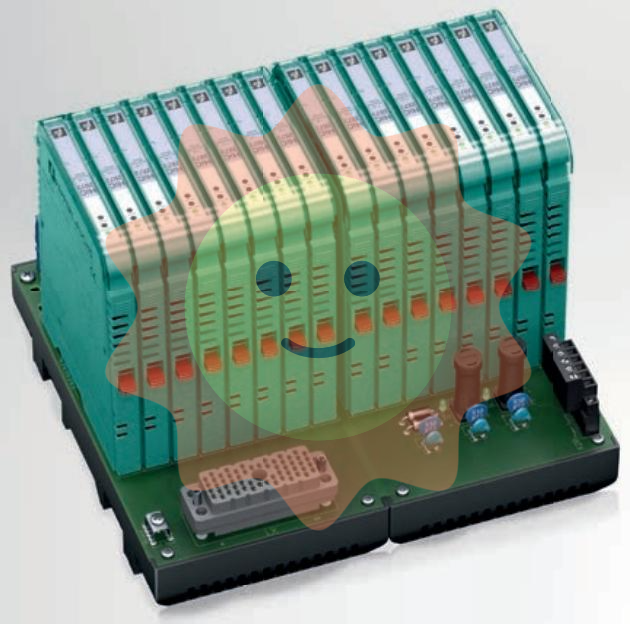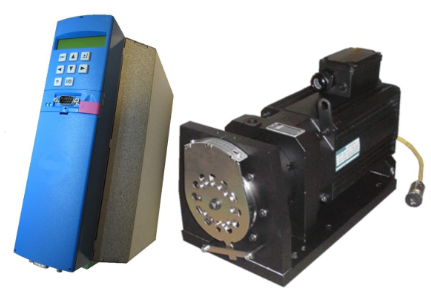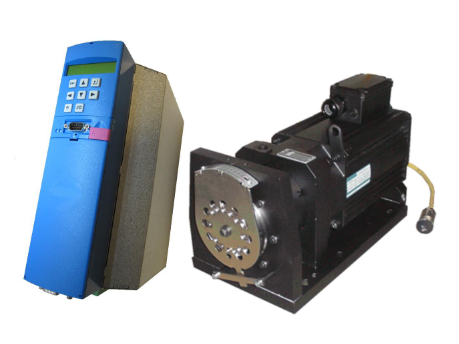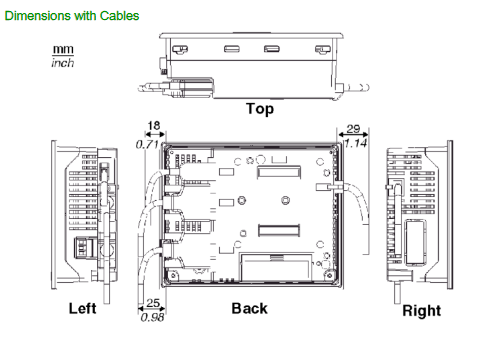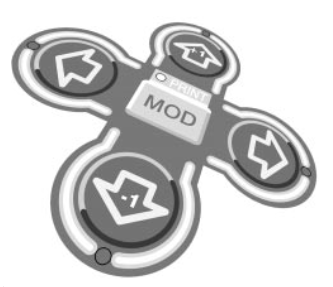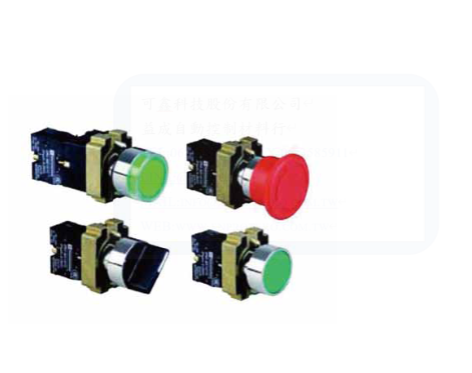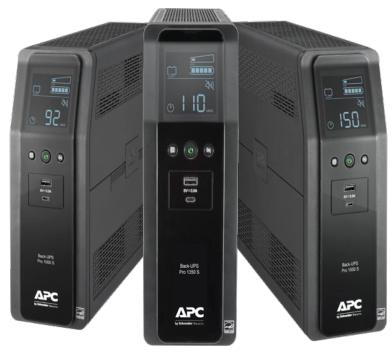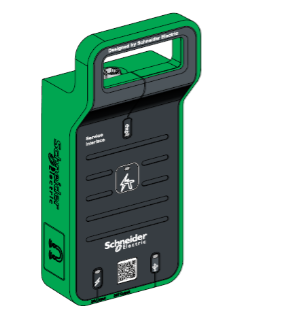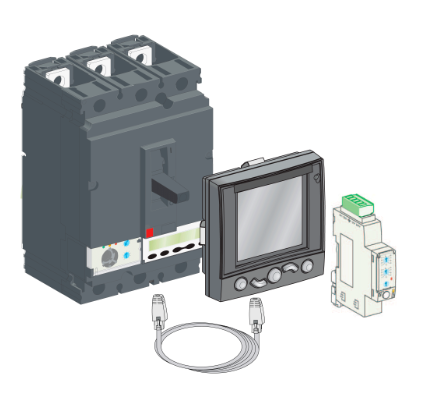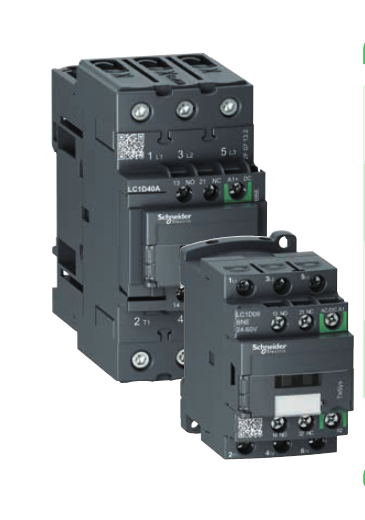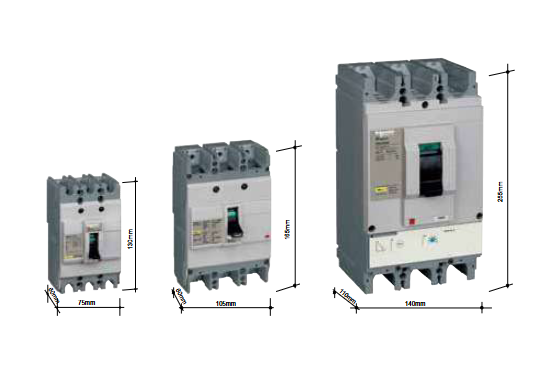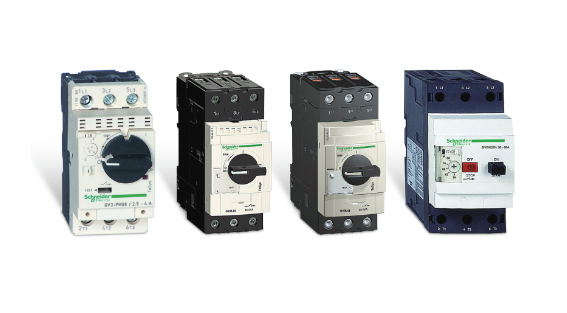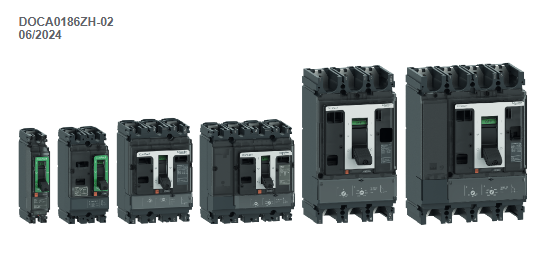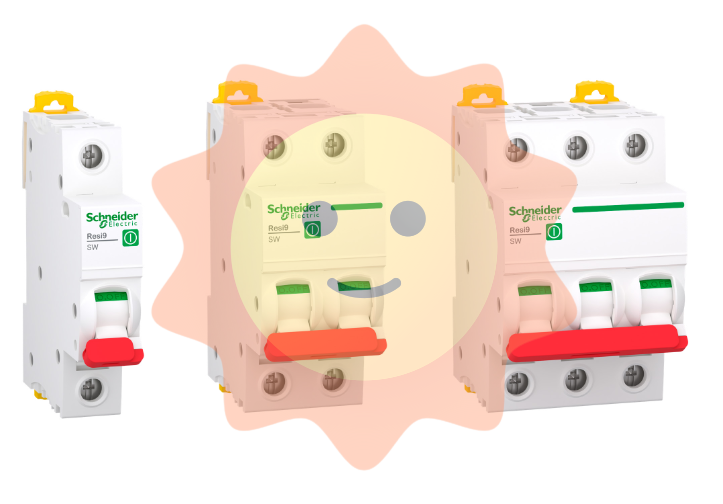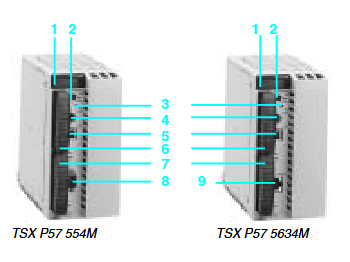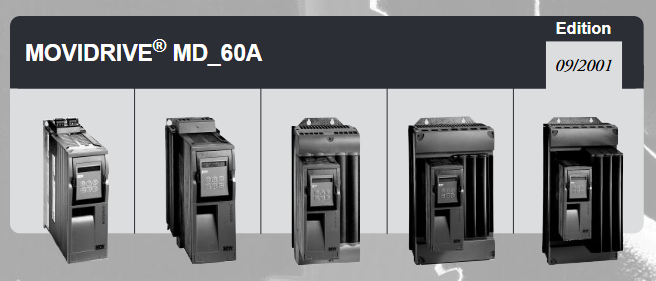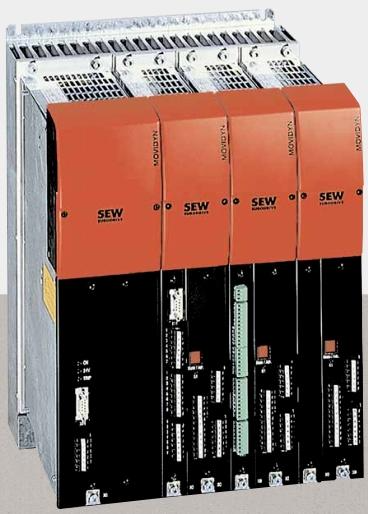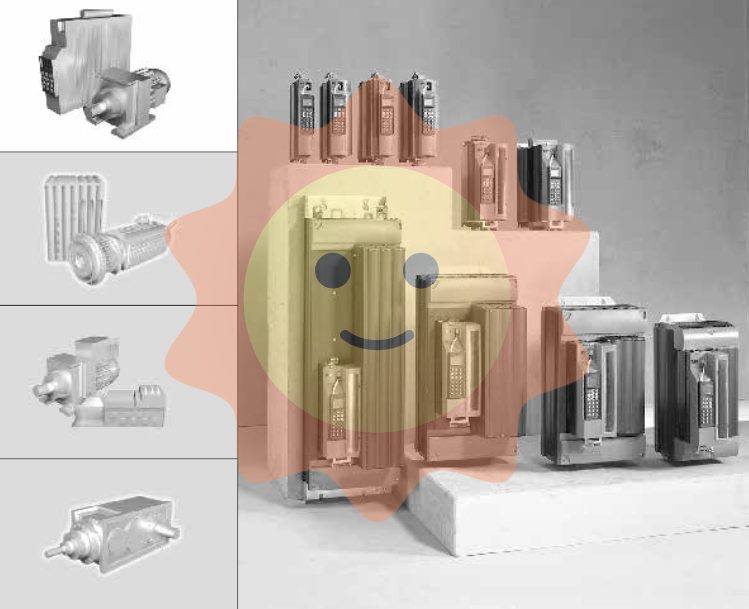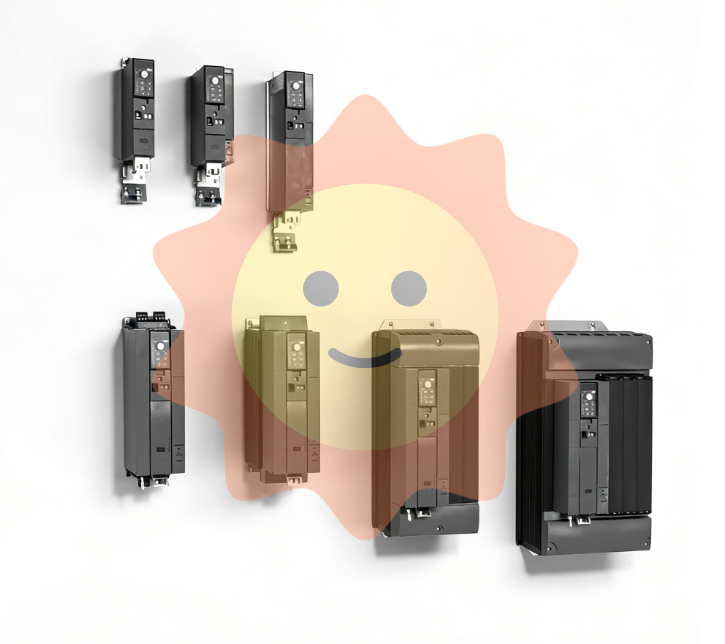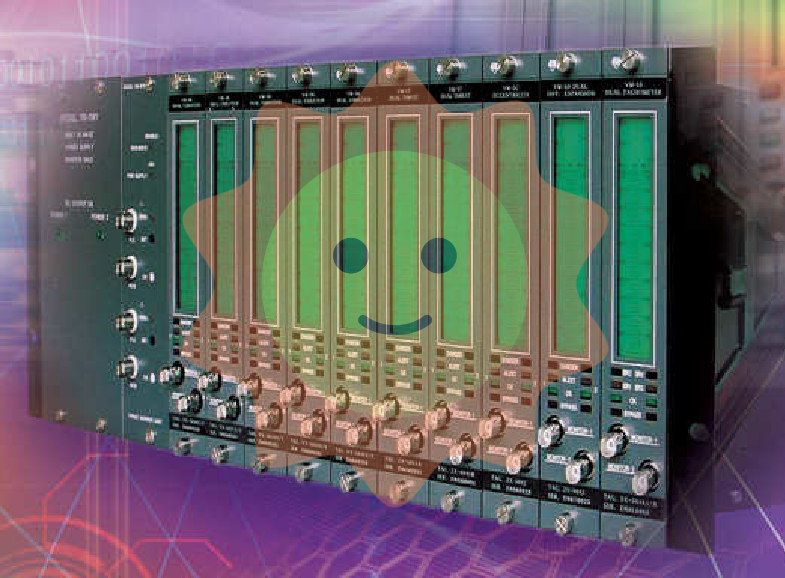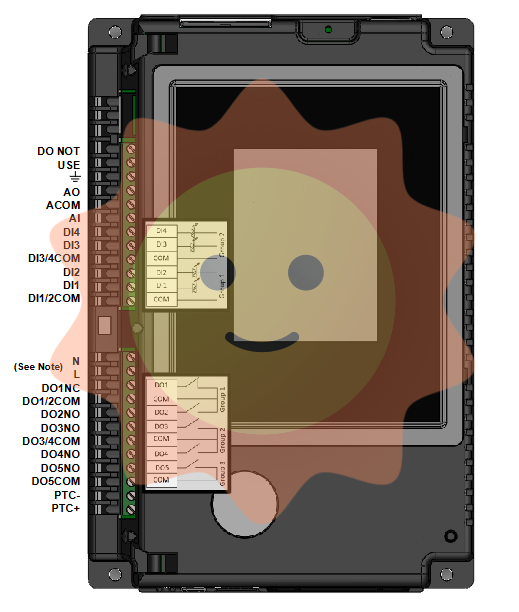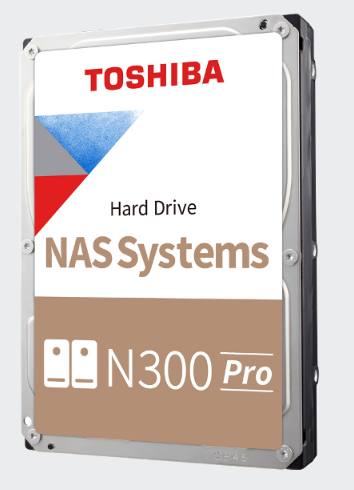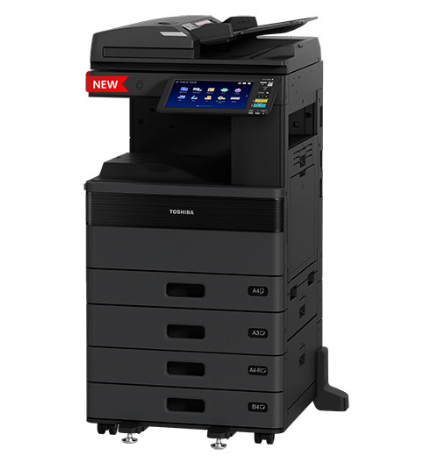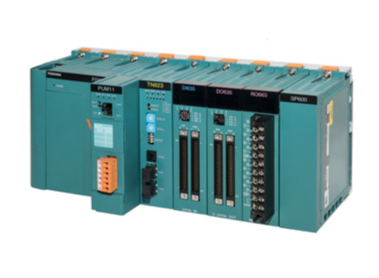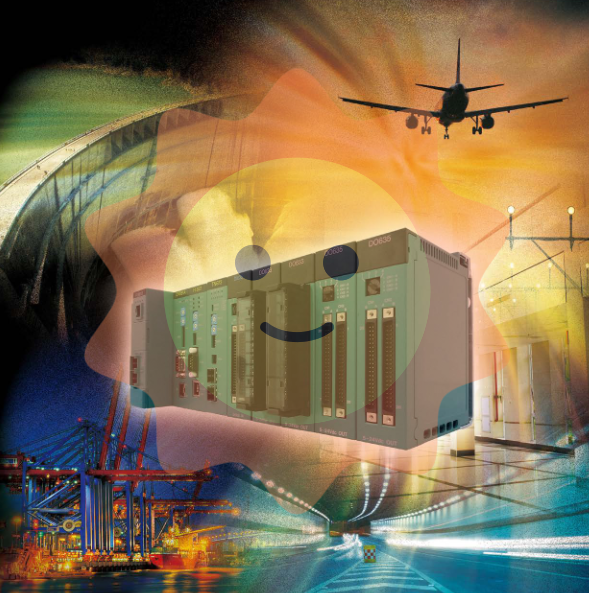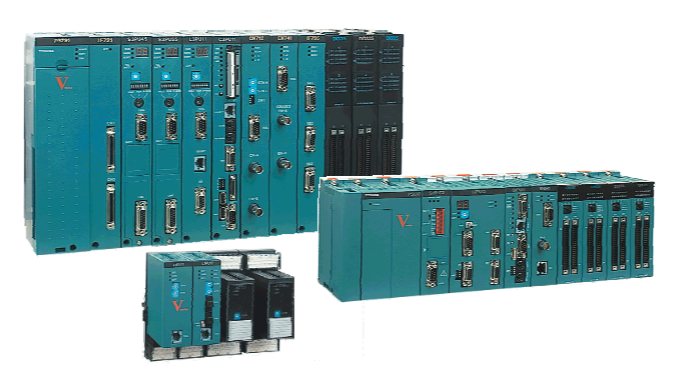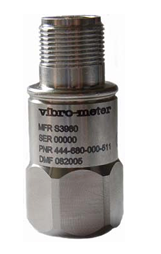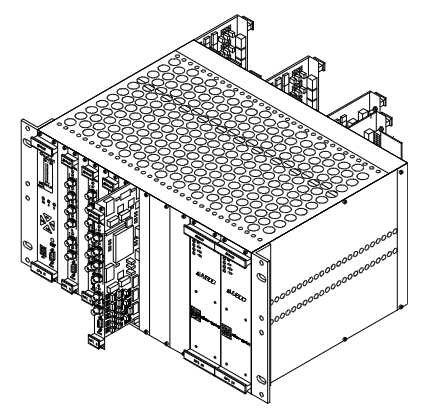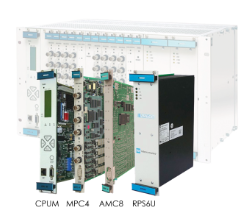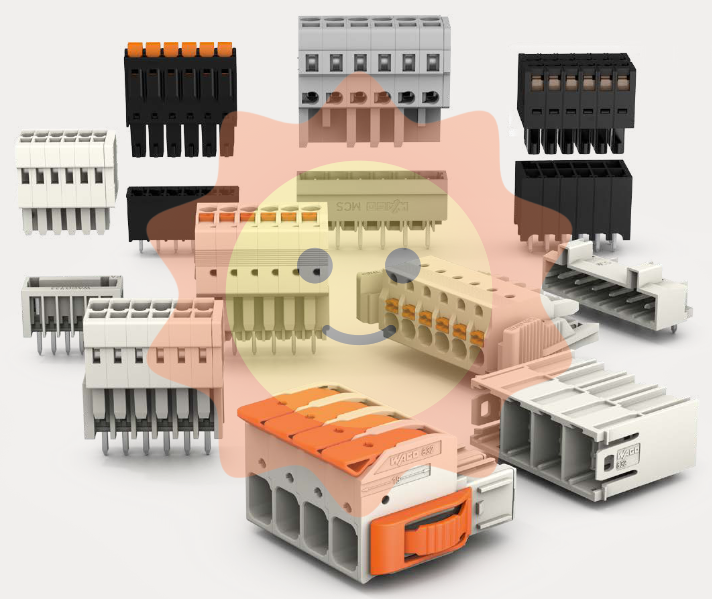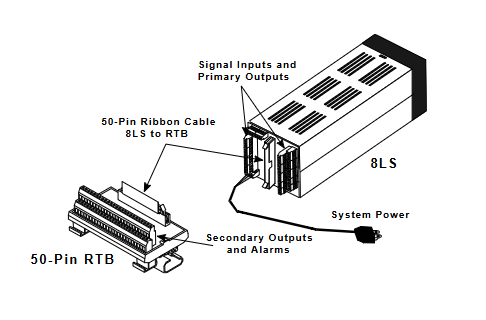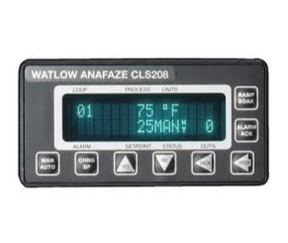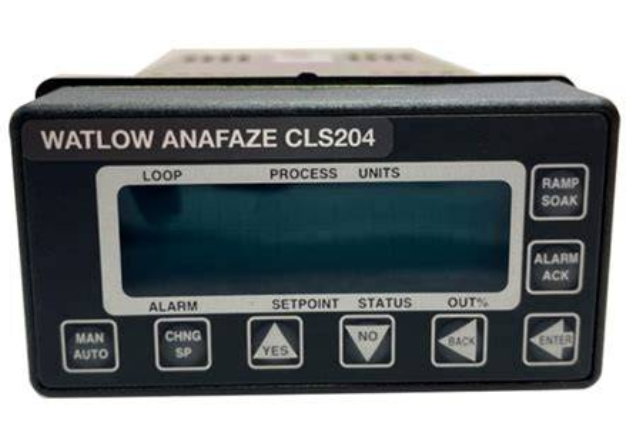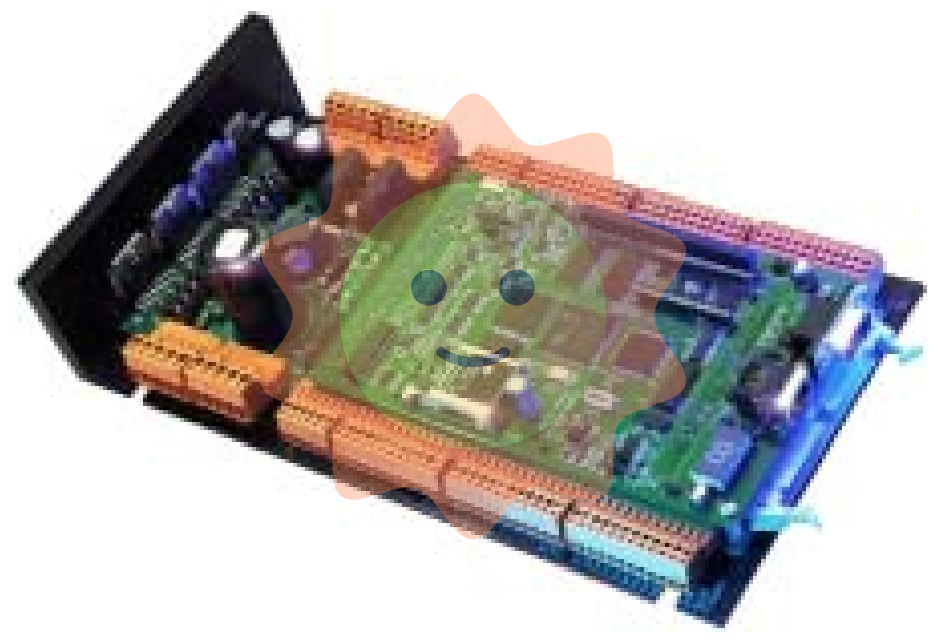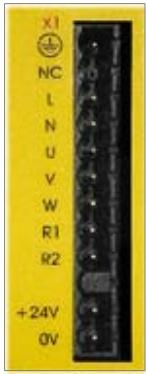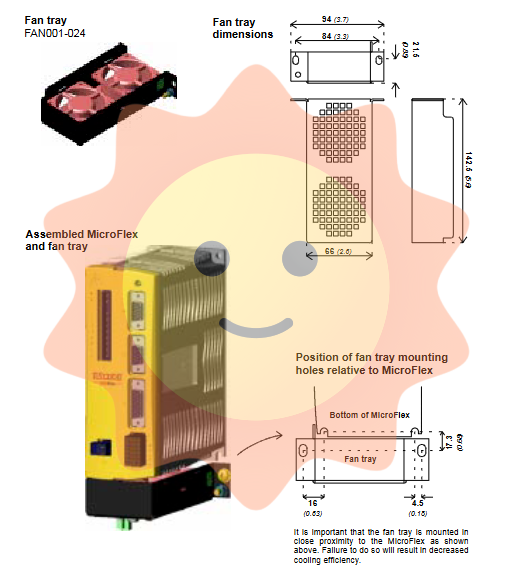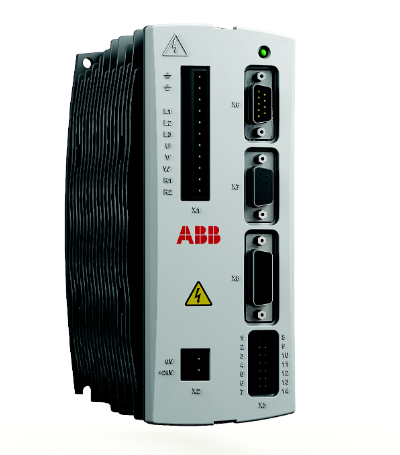Foxboro FCP280 Field Control Processor
Foxboro FCP280 Field Control Processor
DESCRIPTION
The EcoStruxure™ Foxboro™ DCS Field Control Processor 280 (FCP280) is a distributed, optionally fault-tolerant, field-mounted controller module. The FCP280 performs regulatory, logic, timing, and sequential control together with connected Foxboro DCS Fieldbus Modules (FBMs). It also performs data acquisition and alarm detection and notification. The FCP280 connects to the Foxboro DCS Control Network via standard fiber optic or copper 100 Mbps Ethernet cables from network adapters installed on its baseplate.
An optional dual cable baseplate is available that supports four PIO channels, but separate A versus B bus connectors are provided along with dedicated connectors for the optional Time Strobe inputs.
Fieldbus connections from the optional dual cable baseplate to standard or compact 200 Series FBMs require separate A versus B bus cables plus a dual “D” connection adapter on the FBM baseplate (RH926KW).
The number of FBMs that an FCP280 can support varies depending on the types of FBMs used:
• 200 Series FBMs exclusively used with FCP280 - Each Fieldbus port on the FCP280 baseplate can connect to a baseplate chain with up to 32 Compact or standard 200 Series FBMs per chain via the 2 Mbps HDLC fieldbus for up to 128 modules.
• 200 Series and 100 Series FBMs (dual baud configurations) used with FCP280. The FCP280 can support a total of 128 100 Series FBMs (Y-module) or competitive devices (such as Foxboro DCS system migration FBMs) in one or more baseplate chains, with the remainder of the FCP280’s 128 module limit being 200 Series FBMs, depending on the Fieldbus loading of the FCP280. For example, an FCP280 could support 64 100 Series FBMs and 64 200 Series FBMs (as 64 + 64 = 128). Main and expansion FBMs are considered as two FBMs for counting purposes. As well, no more than 64 100 Series FBMs are allowed on each PIO bus/baseplate port.
Features
• Performs regulatory, logic, timing, and sequential control together with connected Foxboro DCS Fieldbus Modules (FBMs)
• Performs data acquisition and alarm detection and notification
• Supports up to 128 Compact or standard 200 Series FBMs, 128 100 Series FBMs, or up to 128 of a combination of 100 Series FBMs and 200 Series FBMs, and no Fieldbus Communication Module is required (a maximum of 64 100 Series FBMs are allowed on each PIO bus/baseplate port)
• No Fieldbus Expansion Module is required for Expanded Fieldbus support
• Supports self-hosting mode, which allows the FCP280 to boot itself with a valid control database even without its host workstation being on-line. However, editing control functions will not be possible.
• Offers unique, patented, fault-tolerant operation using two control modules to greatly improve reliability relative to other process controllers
• Offers on-line image upgrade (OLUG) of a fault-tolerant FCP280
• Offers an enhanced on-line image upgrade (EOLUG) of a fault-tolerant FCP280 while the process is running. This form of upgrade helps prevent any significant bumps to the local control process.
• Offers CP Overload Protection, that notifies an operator if an FCP280 is being pushed toward its performance limits
• Liquid Crystal Display (LCD) displays letterbug and real-time roles and statuses
• Connects to the Foxboro DCS Control Network via standard fiber optic or copper 100 Mbps Ethernet cables
• Uses a rugged, die cast aluminum housing for mounting in a non-vented field enclosure
• Can operate in Class G3 harsh environments
• CE certified for field mounting in enclosures
• Each fieldbus port on standard FCP280 baseplates supports either a 2 Mbps or 268 Kbps HDLC fieldbus exclusively
• Uses versatile control algorithms and a wide variety of FBMs to provide control capabilities for a broad range of process applications
• Supports time synchronization using optional external time from GPS satellites
• Uses soft letterbugs configurable via the keys on the FCP280 faceplate
• The optional dual cable baseplate enables separate cables to be used for each “A” and “B” bus
Enhanced Reliability
The unique and patented fault-tolerant operation of the FCP280 improves reliability relative to legacy process controllers. The fault-tolerant version of the FCP280 consists of two modules operating in parallel, with two Ethernet connections to the Control Network. The two FCP280 modules, married together as a fault-tolerant pair, provide continuous operation of the controller in the event of virtually any hardware occurrence within one module of the pair.
Both modules receive and process information simultaneously, and faults are detected by the modules themselves. One of the significant methods of fault detection is comparison of communication messages at the module external interfaces. Messages only leave the FCP280 when both FCP280s agree on the message being sent (bit for bit match). Upon detection of a fault, self-diagnostics are run by both modules to determine which module is affected. The non-affected module then assumes control without affecting normal system operations.
This fault-tolerant solution has the following major advantages over controllers that are merely redundant:
• No bad messages are sent to the field or to applications using controller data because no message is allowed out of the controller unless both modules match bit for bit on the message being sent.
• The secondary controller is synchronized with the primary one, which helps ensure up to the moment data in the event of a primary controller occurrence.
• The secondary controller will have latent flaws detected prior to any switchover because it is performing exactly the same operations as the primary controller.
Software Control Features
The FCP280 performs regulatory, logic, timing, and sequential control, as well as data acquisition, alarm detection, and alarm notification. Process variables are controlled using time-proven algorithms (mathematical computations performing specific functions). The algorithms are contained in functional control blocks, which on-site process engineers configure to implement the desired control strategies.
The FCP280 also supports the following features:
• Setting and reading the FCP280 letterbug via the buttons on the faceplate
• Alarm enhancements to function blocks:
◦ Re-alarming on changes to alarm priority
◦ Re-alarming based upon a configurable time delay deadband, and alarm suppression based on time
• Optional UTC external time synchronization
• Improved controller performance
• Optional self-hosting mode allows the FCP280 to start up and run, executing its configured control scheme using the checkpoint file stored in flash memory. This allows the FCP280 to boot itself with a valid control database even if its host workstation is not present.
• Support for high speed capabilities such as ladder logic, Motor Driven Actuator Controller (MDACT), and Distributed Proportional Integral Derivative functionality (DPIDA)

- User name Member Level Quantity Specification Purchase Date
- Satisfaction :
-











